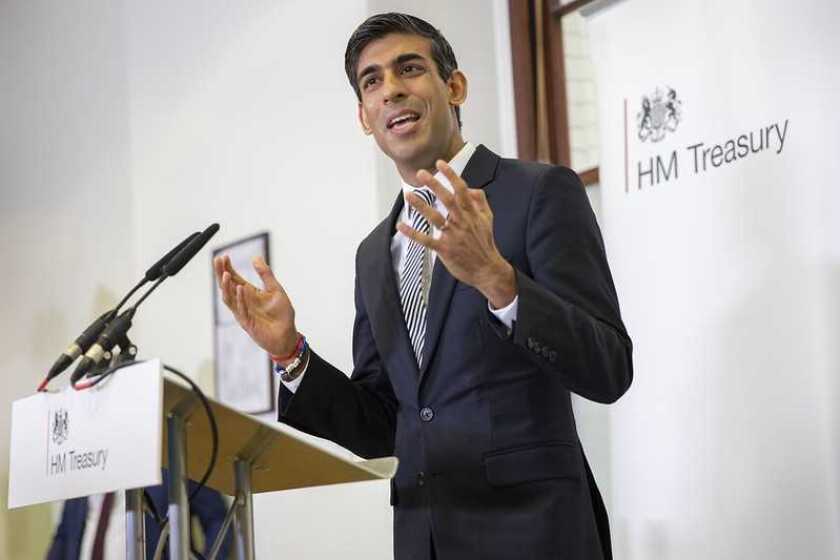Rishi Sunak's budget concentrated on firefighting the financial impact of the pandemic through business support, including an extension of the furlough scheme, business rates holiday, and the 19% corporate tax rate. A new super deduction policy was also announced, allowing companies to cut their tax bill if they increase investment - a move that has already brought gains for BT.
The Budget 2021 document published online, did not mention broadband and the only mention of fibre was on the inside cover, where it stated that the report was "printed on paper containing 75% recycled fibre content minimum".
The government last updated its targets on this in the November spending review, when it revised down the 100% target to 85% national coverage for gigabit fibre roll outs by 2025, much to the dismay of industry.
It marks a sea change from previous budgets, which tend to set out specific, target-bound spending and building programmes to boost the UK's digital infrastructure.
However, there was a strong focus on upskilling business owners and the general population, as well as changes to immigration rules that will see a new fast-track visa launched to tackle skills gaps in tech, with a specific focus on fintech.
Roei Haberman, head of telco, media and technology at NTT DATA UK, said: “This is a budget with one eye on the pressing needs of the present economic crisis, and another on the future trajectory of the UK economy. In the short term, the extension of the furlough scheme will be a sigh of relief for sectors that have a long wait before a return to normality."
On taxes, projections were published for Digital Services Tax receipts. The tax, unveiled in March 2020, is expected to bring in £0.3 billion in the 2020-21 period, rising to £0.7 billion by 2025 – 26.
Sunak's digital strategy
Among the digital economy strategies announced was Help to grow: Digital a plan to upskill SME owners through a "free and impartial" advice service on how technology can boost their performance. This will be delivered through a new online platform, and eligible businesses will also be able to get a discount of up to 50% on the cost of approved software, worth up to £5,000.
Julian David, CEO of TechUK said: "Research by techUK and our members have shown that this kind of support is in high demand and we stand ready to do our part to ensure this scheme is delivered successfully.
"The creation of a National Infrastructure Bank with a specific remit to support digital, a review of R&D tax reliefs and the new Super-Deduction will also help increase investment across the UK. However, we would strongly encourage that these schemes, including the Super-Deduction, are applicable to the needs of modern businesses who increasingly rely on intangible digital investments in cloud-computing, data and AI tools to boost growth," David added.
The budget also outlined the policy that will support the UK Infrastructure Bank, which will primarily focus on economic infrastructure sectors covered in the National Infrastructure Strategy: clean energy, transport, digital, water and waste.
Further, Future Fund: Breakthrough was unveiled; a £375 million investment fund that will plough money into "fast-growing UK technology companies". Taxpayers will fund the cost of stakes in such enterprises, matched by private sector venture capital.
Haberman said: "Technology lies at the heart of the Chancellor’s vision for the future of the UK economy. The UK's cutting-edge tech R&D, particularly in healthcare, was brought to the fore to help rise to the challenge of the pandemic. The new fund to buy stakes in tech start-ups is a signal of government faith in technology as the lifeblood of innovation in the UK. It offers high-growth firms a chance to level up their ambitions, helping to secure the UK’s status as a global hub for tech jobs and opportunities.
Haberman added: "It is also exciting to see the UK infrastructure bank finally start to take shape, as the UK’s tech-driven future requires an infrastructure to match. 5G in particular will be essential, with its near-zero latency and high capacity networks offering businesses and consumers the seamless, uninterrupted connectivity relied upon by next-generation technologies like the Internet of Things."





